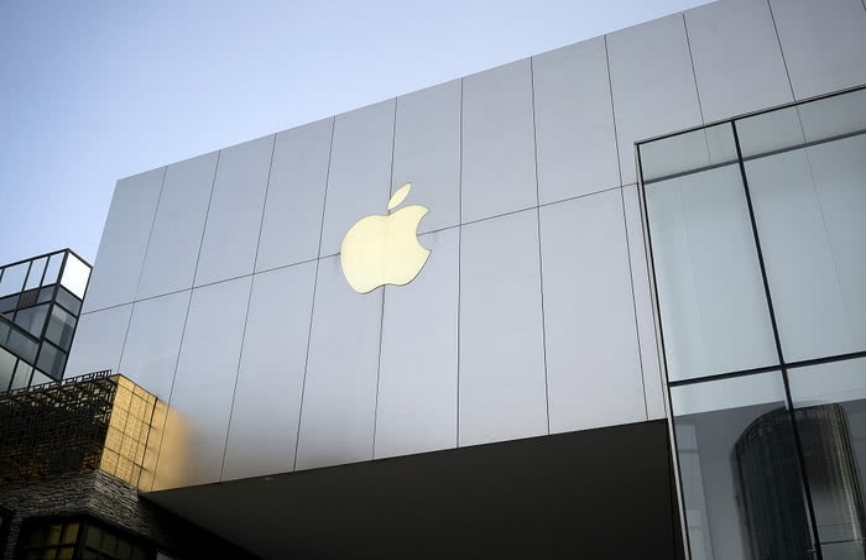
In the midst of recent political and economic turmoil, US Vice President Kamala Harris announced a notable move - she plans to formally launch her economic policy platform next week. This news not only heralds the new direction of the new administration in economic governance, but also triggered extensive discussion and deep reflection because of its stark contrast with former President Trump on the issue of the independence of the Federal Reserve. The purpose of this article is to delve deeper into the incident, uncover the complex logic behind it, and critically examine Harris's position, revealing its possible challenges and implications.
The independence of the Federal Reserve, the central bank of the United States, has long been seen as an important cornerstone of economic stability and the fight against inflation. Since its establishment in 1913, the Fed, through its independent monetary policymaking authority, has successfully guided the U.S. economy through multiple financial crises and recessions, earning respect and emulation around the world. In recent years, however, and especially under the Trump administration, the debate over the Fed's independence has been brought to the forefront.
Trump has repeatedly publicly criticized the Fed's policy of raising interest rates, arguing that it is holding back economic growth, and at one point even threatened to fire the Fed chair. Such comments not only challenge the authority of the Fed, but also raise concerns about government interference in monetary policy. By contrast, Harris's statement - "as president, I will never interfere in the Fed's decisions" - is a clear reversal of this trend, seemingly reviving conventional political wisdom, but with deeper considerations.
First, Harris's statement is more of a political gesture, designed to send a clear message to markets that the new administration will respect the laws of economics and safeguard financial stability. This is both a promise to voters and a SOP to international financial markets. However, there is often a gap between political commitment and actual implementation, especially in a complex economic environment, and how to balance economic growth with inflation control, short-term interests and long-term objectives will be a major test for Harris and his team.
Second, the Fed's independence is not absolute. Although the law gives it the power to independently set monetary policy, the president and Congress can still indirectly influence the Fed's decision-making through appointments, legislation and other ways. Therefore, Harris's commitment to "non-intervention" is more of a statement of principle, and the specific implementation still needs to consider multiple factors such as domestic and foreign economic situation and political pressure. In addition, even if the president does not directly intervene, the government's economic policy direction, the degree of coordination of fiscal policy, etc., will also have an indirect impact on the Fed's decision-making.
Moreover, Harris's forthcoming economic policy platform, its specific content and implementation effects remain to be seen. In the face of the multiple challenges of globalization, accelerating technological progress and international trade tensions, it is difficult to formulate an economic policy that can stimulate economic growth and effectively control inflation, while taking into account social equity and sustainable development. Whether Harris can make breakthroughs in these areas and avoid repeating the same mistakes will be key to the success of his economic policies.
The Fed's decisions often involve multiple interests, including banks, businesses, consumers, and investors. Different interest groups have different demands for monetary policy, resulting in a complex balance of interests that the Fed has to perform when making decisions. Although Harris's statement emphasized independence, how to maintain fairness and transparency in the complex and changing interest pattern, and avoid being kidnapped by specific interest groups, will be a major challenge for her.
In the context of global economic integration, the monetary policy of the Federal Reserve not only affects the domestic economy of the United States, but also has a profound impact on the global economy through exchange rates, capital flows and other channels. As a result, the Fed has to take international considerations into account when setting policy, which undermines its independence somewhat. As vice President, how Harris can promote international cooperation and coordination while safeguarding national interests will be one of the key factors for the successful landing of his economic policies.
In summary, Harris's statement on Fed independence is both a return to political tradition and a positive response to practical challenges. However, the successful implementation of its economic policies needs to take into account multiple factors such as domestic and foreign economic situations, interest group demands and global economic integration on the basis of respecting independence. In the future, Harris and his team need to promote the formulation and implementation of economic policies with a more open, transparent and responsible attitude, and contribute to the stability and development of the U.S. and global economy. At the same time, we should also be soberly aware that the preservation of the Fed's independence is not once and for all, but an ongoing game and balance.

Recently, according to 9To5Mac, the Apple Podcasts app was exposed to have the problem of automatically redirecting unsubscribed programs, and some of the redirected programs were suspected to contain malicious links.
Recently, according to 9To5Mac, the Apple Podcasts app was …
Recently, multiple Federal Reserve officials have publicly …
Ukrainian President Vladimir Zelensky met with French Presi…
In November 2025, South Korean e-commerce giant Coupang was…
On December 2, 2025, the international silver market witnes…
On November 30 local time, a report released by the Stockho…